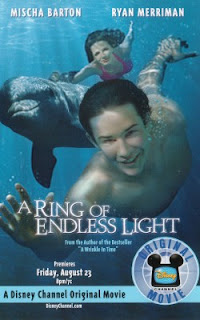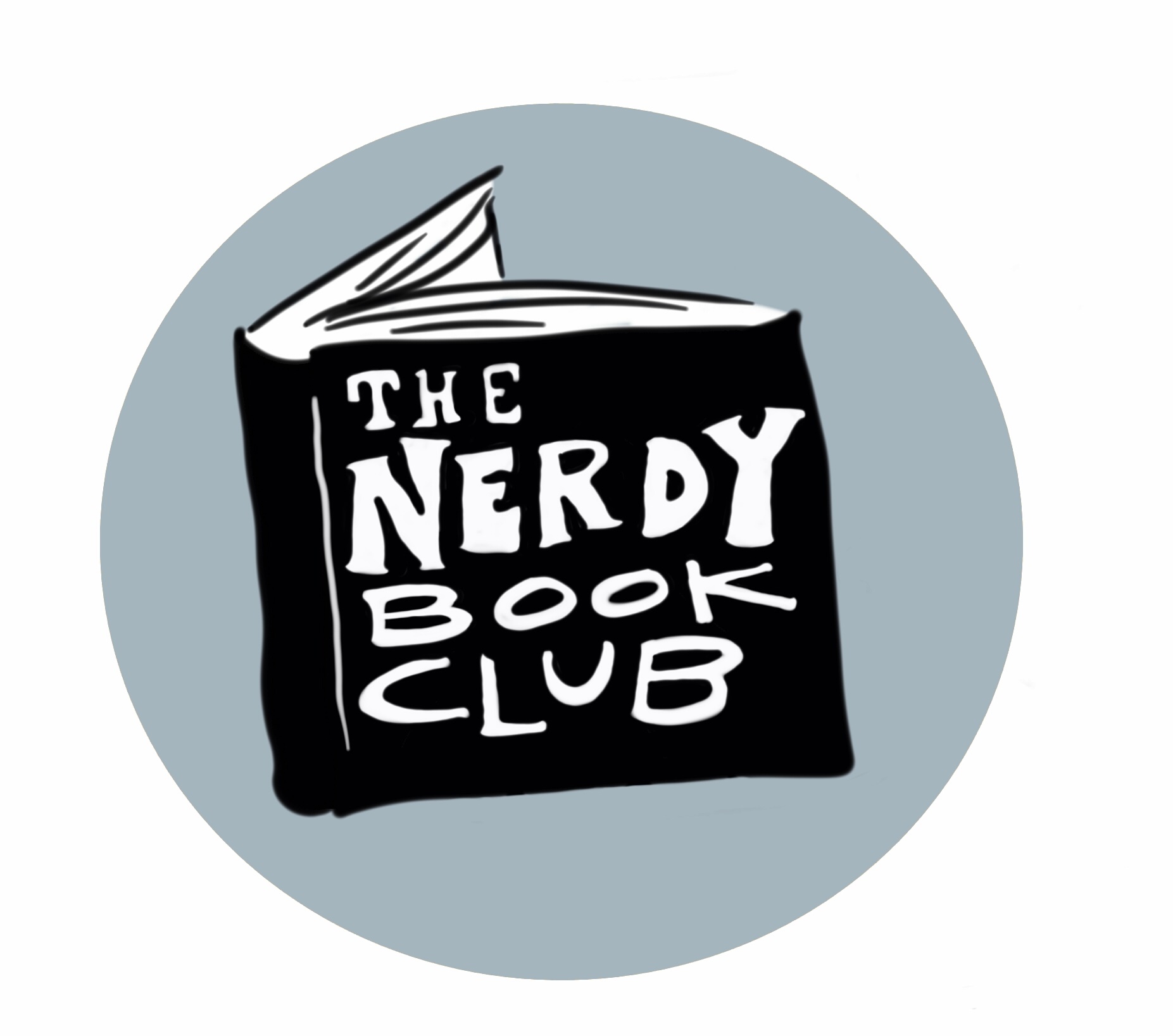Growing A Reader
by Amy Rose Capetta
I know it’s nothing new to love Anne of Green Gables. But when I was in second grade, I read the story with the greatest possible delight, and then turned it into a “script” (secret code decryption: I took out all of the narrative and placed the dialogue into script format.) Then I spent weeks making everyone act out the story with me.
Some days I was Anne. Some days, Gilbert. Sometimes I wanted to be Diana, the kindred spirit. (I’m sure that I wasn’t the first or last queer girl who held fiercely to the relationship between Anne and Diana, years before figuring out why.) I found little bits of myself in each character, and I loved speaking their lines. They were all so EARNEST. To this day, I still find myself mumbling lines from the story when no other words will do.
 |
| I never put this part into my script. REGRETS. |
When I was in second, third, fourth grade, I loved A Wrinkle in Time by Madeleine L’Engle. It had a huge influence on how I saw the world and how I write, to this day.* But I’m not here to talk about that. I’m here to tell you about her books for slightly older readers, the ones I found in the “Older Readers” section at the library, that made me spend weeks pretending I was on ice floes singing to seals in Antarctica, that I had dolphin ESP, and a bevy of older boys was just lingering around waiting to tell me I was precocious.
These proto-YA novels by Madeleine L’Engle were written at a time when precious few writers focused on the lives and experiences of young women in a way that was actually meant FOR young women, instead of making them objects or object lessons or tilted in a certain direction by nostalgia. I spent an entire summer at the beach with a copy of A Ring of Endless Light, trying to communicate—not with dolphins, because I couldn’t find any on Cape Cod—but with whatever sea creatures I could find, because you had to start somewhere, right? I never found those older boys, though.
 |
| This was way before Mischa Barton got dolphin ESP and made it cool. |
I was in college but still very much a teenager when I read Written on the Body by Jeanette Winterson. The main character of this book is never identified as a woman. (Or as any gender, for that matter.) Reading it blew my mind open with possibility—about gender, about love, about how society deals with anything that falls outside of its boxes. I read this book more ferociously than I’d ever read anything. I turned the margins into an ink-fest. I stayed up all night and read it, and then the next night, I stayed up and read it again. I loved school, and I SKIPPED CLASS to read this in the woods for a third time, under spears of golden light thrown by the Northern California redwoods.
And then I did something almost unthinkable. I gave it away. On a whim, I handed my copy to someone—a random girl in a play that I was in, (an all-female production of a Greek tragedy.) But the truth is, it wasn’t a whim. It felt like an act of survival, because we we had made a little life raft of young women. I’m still glad I gave that book to her, even though I would love to see it again. It would read like a map to a younger version of myself. But maybe another eighteen-year-old who needs it will find it, and see the endless EARNEST scribbles in the margins, and know that we are always writing for ourselves, and we are always writing for each other.
*Yes, I figured out as an older teenager that some aspects of L’Engles books and characters are intensely problematic. They had an important impact on me, but I can’t rec them to other readers. For those who would like that kind of reading experience, I point enthusiastically toward the work of Sarah McCarry, who writes in a way that hearkens back to L’Engles lyricism, genre-bending, and deep exploration of girlhood, without the homophobic or racist BS.
___________________________
About the Author
Amy Rose Capetta holds an MFA in Writing for Children & Young Adults from Vermont College of Fine Arts. She has a particle-level love of mind-bending science and all sorts of music. She adores her small patch of universe, but also looks intently at the stars.
About Entangled
Alone was the note Cade knew best. It was the root of all her chords.
Seventeen-year-old Cade is a fierce survivor, solo in the universe with her cherry-red guitar. Or so she thought. Her world shakes apart when a hologram named Mr. Niven tells her she was created in a lab in the year 3112, then entangled at a subatomic level with a boy named Xan.
Cade’s quest to locate Xan joins her with an array of outlaws—her first friends—on a galaxy-spanning adventure. And once Cade discovers the wild joy of real connection, there’s no turning back.
About Unmade
The galaxy-spanning conclusion to Amy Rose Capetta's acclaimed sci-fi debut, Entangled.
Cadence is in a race against time and space to save her family and friends from the Unmakers, who are tracking the last vestiges of humanity across the cosmos. As the epic battle begins, Cade learns that letting people in also means letting them go. The universe spins out of control and Cade alone must face the music in the page-turning conclusion to Entangled.
About Kiss/Kill
The story of Zara, a teen who wins her dream role in a Broadway show and the love of the young female lighting designer – only to find herself surrounded by mysterious deaths that are hastily blamed on the theater's curse even though everyone on stage has a motive or two.
Learn more about the Growing A Reader series here!













0 comments:
Post a Comment
Make sure you whisper, I'm hiding!